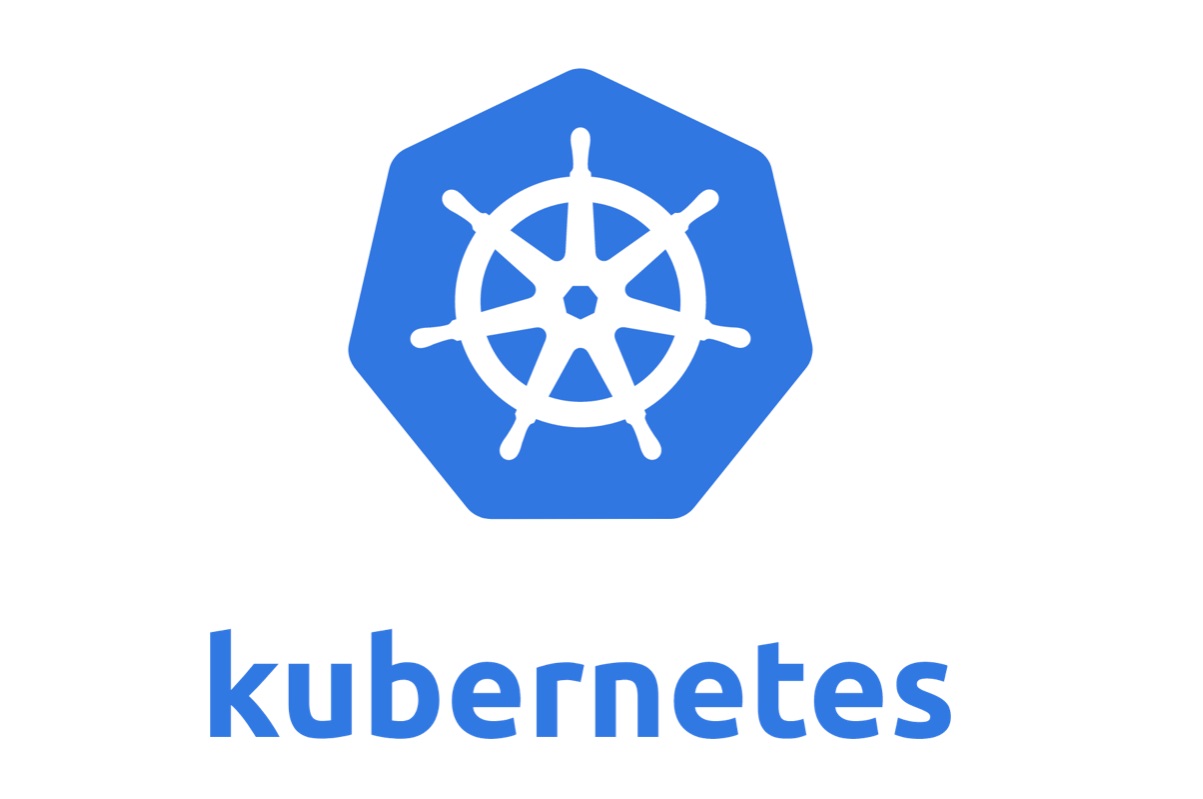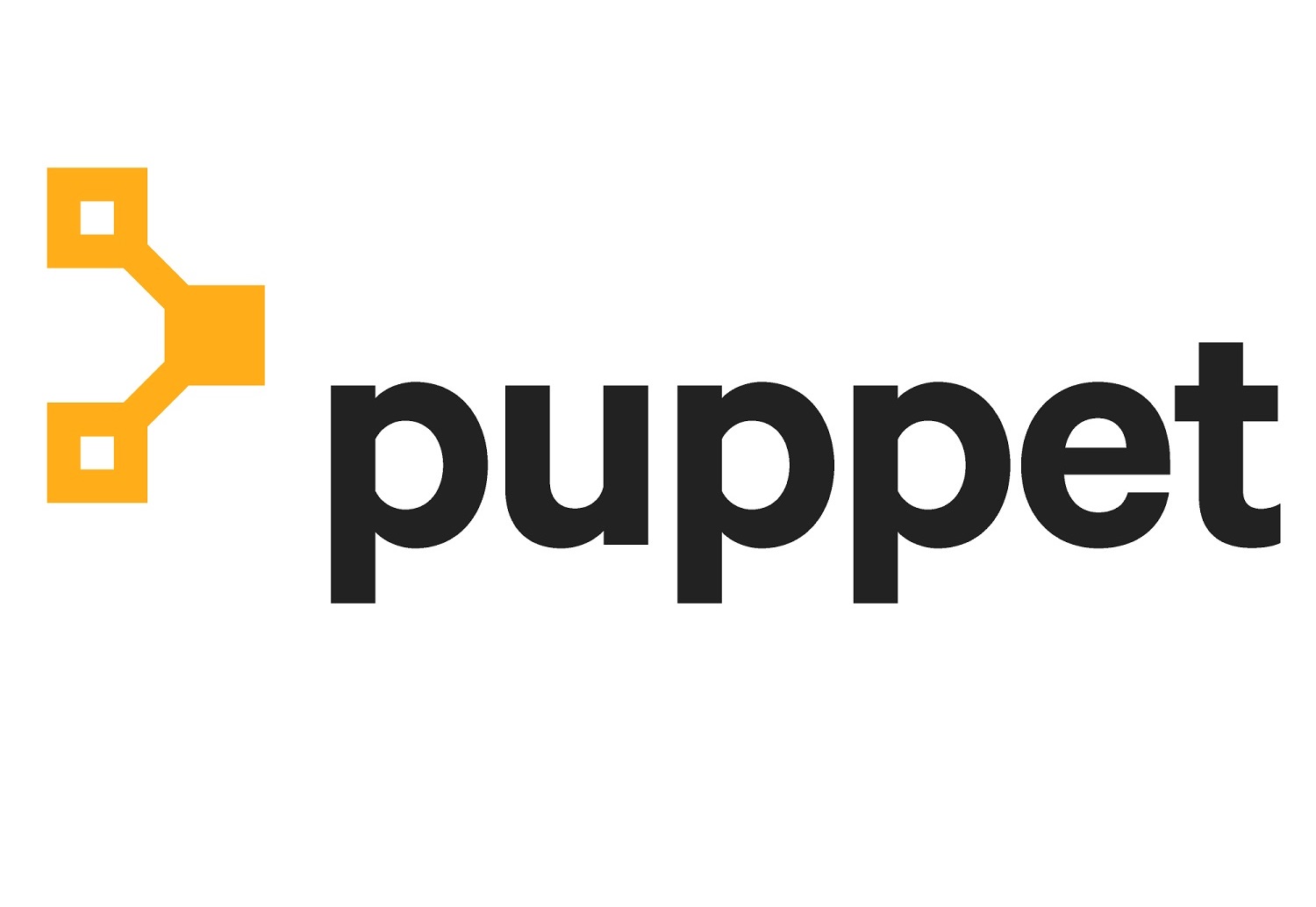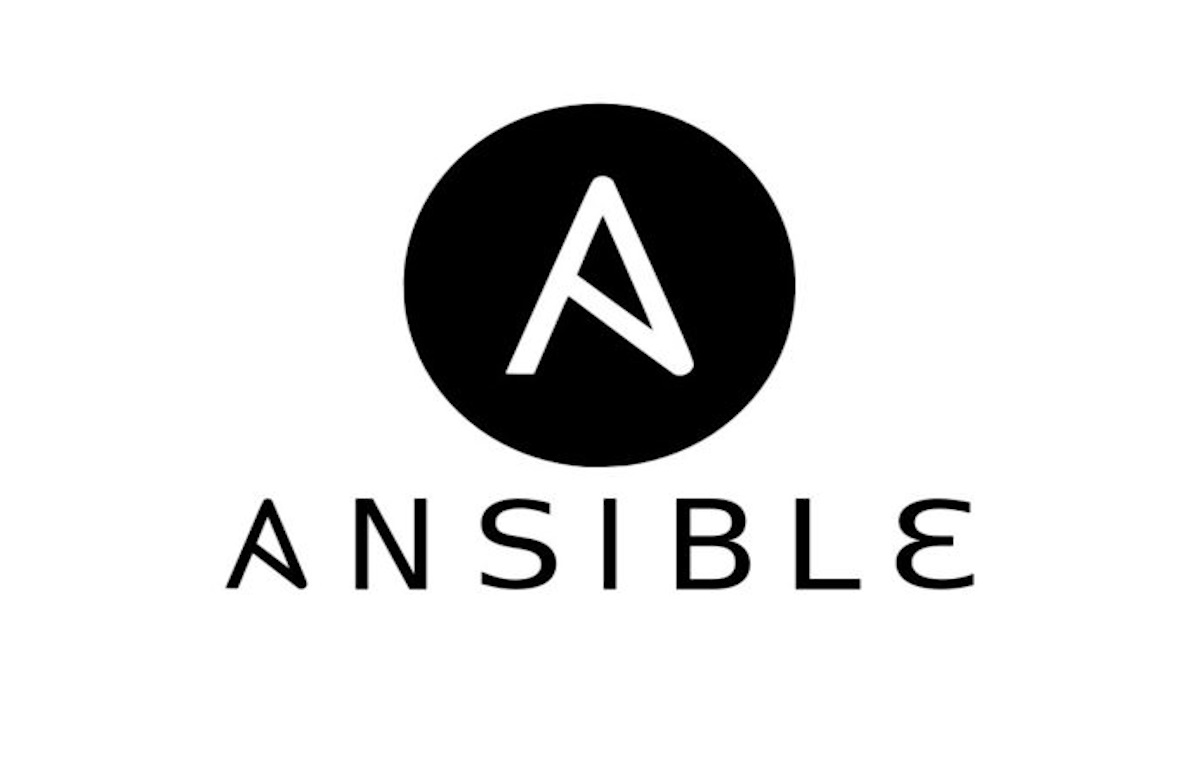Why you should master Docker
Published
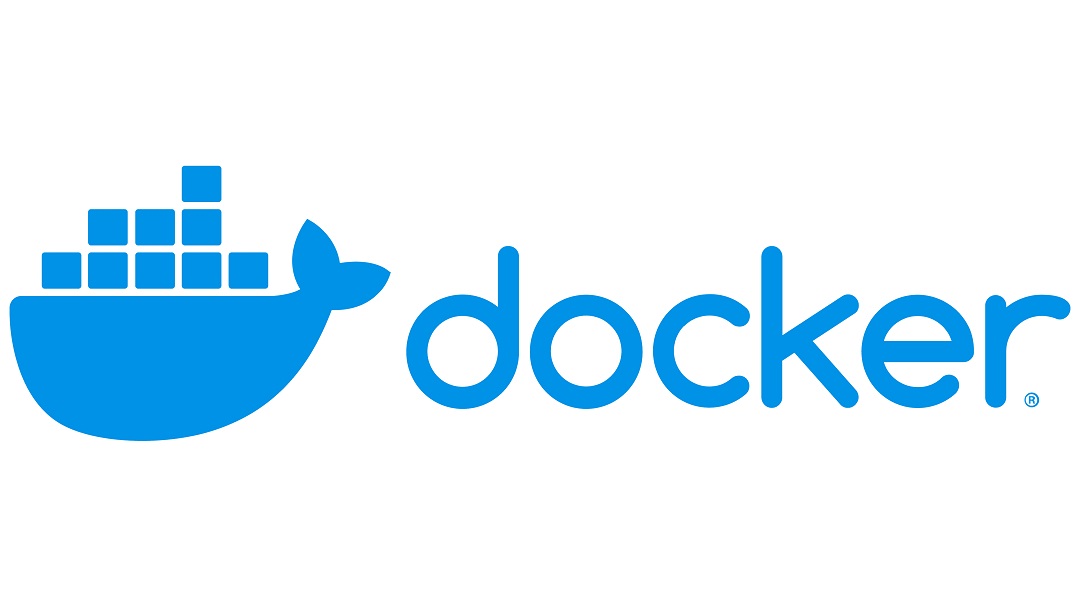
Docker is an open source container virtualization platform that enables developers to build, run, and distribute applications in isolated containers. Docker allows developers to run their applications in a unified environment, regardless of the underlying infrastructure on which they run.
The idea behind Docker is that applications run as containers that contain everything they need to run in any environment. A Docker container contains the code, dependencies, configuration, and everything else the application needs to run. This allows the container to run on any infrastructure that supports Docker.
Docker provides a variety of tools and services to help developers create, manage, and distribute containers. Docker images can be easily built, distributed, and updated, and Docker containers can be quickly and easily run on different hosts. Docker simplifies deployment and scaling of applications and provides a consistent environment that facilitates collaboration between developers, operations teams, and other stakeholders.
Overall, Docker is a powerful and popular platform that helps developers and companies quickly and effectively build, run, and distribute applications in containers.
How is Docker used?
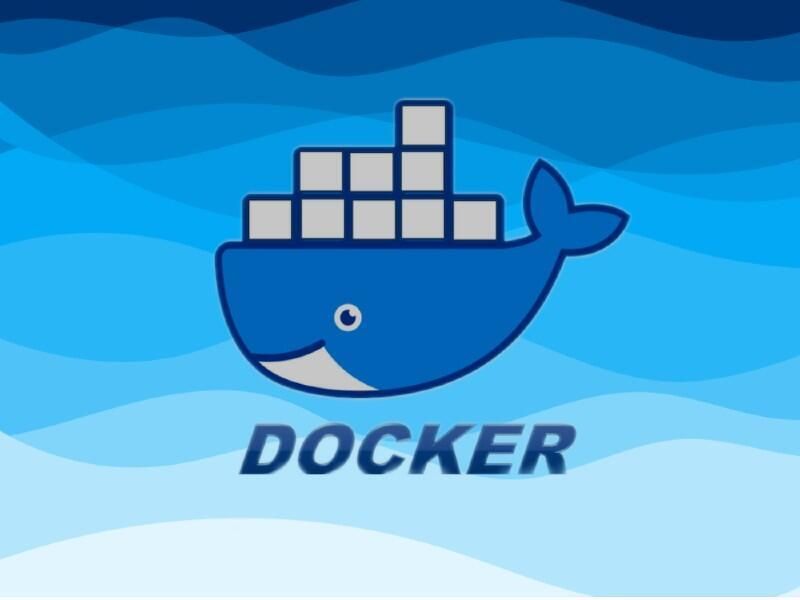
Those : techrepublic.com
Docker is a platform that allows developers to build, run, and manage applications in isolated containers. By using containers, developers can build applications that can run independently of the underlying infrastructure. This means developers can build applications on their local machines or in the cloud without having to worry about different operating systems or configurations on different servers.
Using Docker typically involves the following steps:
- Installing Docker on the development computer or server.
- Writing Dockerfiles that contain the instructions for creating containers.
- Creating containers based on the Dockerfiles using the “docker build” command.
- Running containers with the docker run command.
- Manage containers with commands like docker stop, docker start, and docker rm.
- Store containers in a container repository to reuse later or share with other developers.
The use of Docker is very versatile and can vary for a variety of use cases.
How scalable is Docker?
Docker is highly scalable and is suitable for applications of any size, from small prototypes to large, distributed applications. Docker enables applications to scale through the use of containers that can be built and run quickly.
Docker also enables horizontal scaling of applications by allowing multiple containers of the same application to run on different hosts. With Docker Swarm, an orchestration feature built into Docker, developers can combine a group of Docker hosts into a single virtual Docker host group and distribute containers across multiple hosts for load balancing and resiliency.
In addition, Docker also supports integration with other application scaling technologies such as: B. Kubernetes, an open source system for automating the deployment, scaling and management of containerized applications.
Overall, Docker offers high scalability and flexibility to meet the needs of applications of any size and complexity.
What operating systems does Docker work on?

Those : nickjanetakis.com
Docker is available on many operating systems including:
- Linux: Docker is best optimized for Linux systems including Ubuntu, Debian, Fedora, CentOS and Red Hat Enterprise Linux (RHEL). Docker leverages the Linux kernel capabilities to isolate containers and run applications in containers.
- Windows: Docker is also available on Windows systems, but in a virtual environment called "Docker Desktop for Windows". Docker Desktop uses Hyper-V technology to isolate containers and run applications in containers on Windows.
- macOS: Docker is also available on macOS systems, also in the Docker Desktop for Mac virtual environment. Docker Desktop leverages the hypervisor capabilities of macOS to isolate containers and run applications in containers on macOS.
Additionally, Docker is also available on cloud platforms such as Amazon Web Services (AWS), Google Cloud Platform (GCP), and Microsoft Azure, which support Docker containers in their cloud services.
Overall, Docker is available on a variety of operating systems and cloud platforms, allowing developers to build and run applications in containers, regardless of the underlying infrastructure.
Does Docker have insecurities?
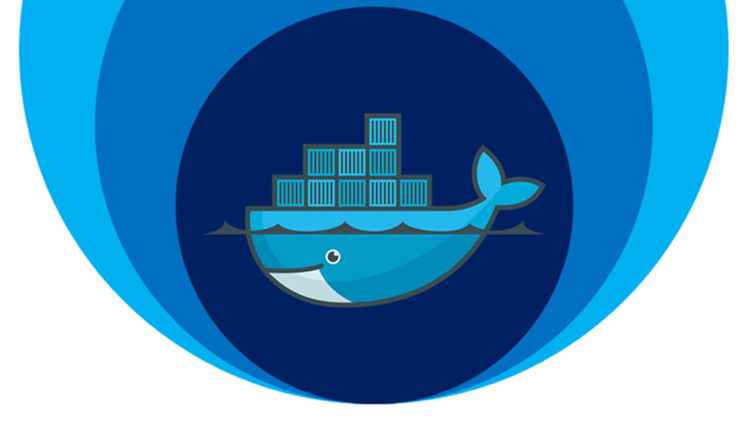
Those : nickjanetakis.com
As with any technology, Docker has security concerns and potential vulnerabilities that developers should consider.
Some of the potential security concerns with Docker are:
- Vulnerabilities in Containers: Containers are isolated on the host operating system, but there are still ways for containers to access the host or other containers. Vulnerabilities in containers could lead to an attacker accessing the host or compromising other containers on the same host.
- Security issues with images: Docker images can come from various sources and there is a possibility that they contain malicious code or vulnerabilities. It is important to only obtain images from trustworthy sources and to update the images regularly.
- Port exposure: Docker containers can expose ports on the host operating system to enable access to applications within the container. If these ports are not configured securely, they can be used for external attacks.
- Security issues with Docker tools: The various Docker tools, including Docker-Compose and Docker Swarm, can also have security issues if they are not configured securely.
To address these security concerns, developers should consider the following Docker container security best practices:
- Only use trustworthy Docker images and regularly check them for vulnerabilities.
- Regularly update Docker images and host operating systems to address security vulnerabilities.
- Secure the ports shared by Docker containers and use secure authentication methods for container communications.
- Use Docker's built-in security features, including the ability to launch containers with limited resources and access rights.
- Train the development team on secure Docker practices and conduct regular security audits.
Overall, Docker is a secure technology, but it is important to understand the potential security concerns and implement best practices for Docker container security.

